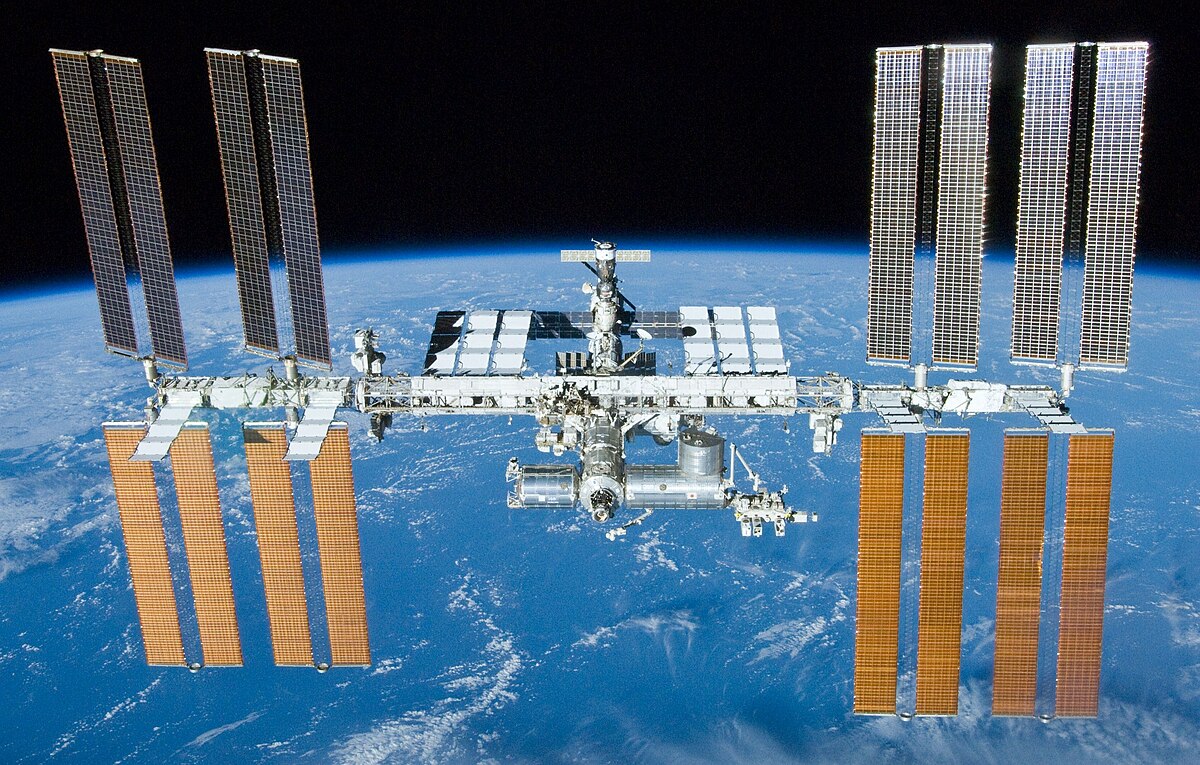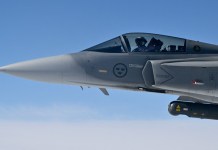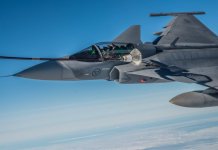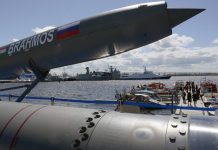European Space Agency Director General Josef Aschbacher confirmed to Sputnik that ESA astronaut Matthias Maurer will use the Russian Orlan-MKS spacesuit to perform spacewalk becoming the first non-Russian in a decade to do so.
“Yes, he will have to wear the Russian Orlan-MKS spacesuit because he will perform an EVA [extravehicular activity] on the Russian segment,” Aschbacher said on the sidelines of the 36th Space Symposium. “He will be working to install the ERA [European Robotic Arm] manipulator on the Nauka module.”
Maurer is scheduled to fly to the ISS aboard the Crew Dragon in October this year as part of Expedition 66.
The ERA is a manipulator robot designed somewhat like a human arm — with an elbow, shoulders and even wrists — with two control systems. Its mission will be to “walk” around the Russian segment of the ISS and carry heavy cargo, including scientific equipment.
During spacewalks by Russian cosmonauts in January 2022, the ISS crew will unfold the manipulator and prepare it for use. It will later transport equipment from the Rassvet module for further installation on the newly-arrived Nauka.

Meanwhile, ESA Director General Josef Aschbacher said that currently there are no concrete proposals on having human space flights on Russian Soyuz from the Kourou spaceport in French Guiana, however, considers it to be one possible option.
“There’s not a concrete proposal at the moment on the table,” Aschbacher said. “Of course, discussions on human-rated space flight would need to go through a very clear procedure, which means preparing proposals for our member states for funding through the ministerial conference.
At this point in time, we do not have concrete proposals for human-rated or human space flight on Soyuz from Kourou in our package for next year. But certainly, this could be one option in the future,” Aschbacher said to Sputnik on the sidelines of the 36th Space Symposium.
Roscosmos head Dmitry Rogozin said in June that the launch complex of the Russian Soyuz carrier rocket at the European spaceport in French Guiana can be converted for launching manned spacecraft, including to the newfangled Chinese space station, and noted that they are discussing with their French colleagues the possibility, within the framework of a large lunar project, to transform the Soyuz-2 launch complex, so that it can be used for manned programs.
ESA Hopes For ISS Extension
Aschbacher also said that he hopes that the International Space Station (ISS) will be extended beyond the year 2024 and believes that any discussions on investing in new station projects are not necessary at this point.
“I hope that the international space station goes beyond 2024, and if that is the case, then ESA will certainly engage itself in the future use of the space station,” Aschbacher said. “This is my working assumption today.”
The Director-General went on to say that the onus was on NASA to facilitate the prolonged livelihood of the ISS project.
“The key decision on the future of the ISS certainly is with NASA, being the biggest partner of the ISS… NASA is expected to make its decision in the near future whether to extend the ISS or not,” he said. “From the European perspective, we would welcome an extension, because we believe that the ISS is a very important research facility.”
He added that the ESA was still behind the project but that the funding allocation still depended on the agreement of its 22 member states.
“Of course, we need to ask for the agreement of my member States to cover the financial costs. This will be proposed at the ministerial conference next year. But from my perspective, I would welcome an extension, of course, provided that our member states agree to provide the necessary funding,” Aschbacher said.
In late July, the Scientific and Technical Council of Roscosmos recommended laying the groundwork for the construction of a new national space station “in order to avoid risks related to the technical condition of the Russian section of the ISS, and [due to] the plans to end its use by 2028.”
When asked about possible participation in the Russian orbital station, the Director-General said – “Today, I have no reason to believe that we would not engage ourselves for another four or six years in the international space station,” he added.
On Monday, Roscosmos Deputy Director-General for International Cooperation Sergey Saveliev told Sputnik that Dmitry Rogozin, the chief of Russian space agency Roscosmos, is expected to discuss the possibility of extending the operation of the ISS at a meeting with NASA Administrator Bill Nelson in October in the United Arab Emirates (UAE).
Asked whether the possibility of extending the space station’s life beyond 2024 will be discussed at the meeting in Dubai, Saveliev said “Absolutely.”




